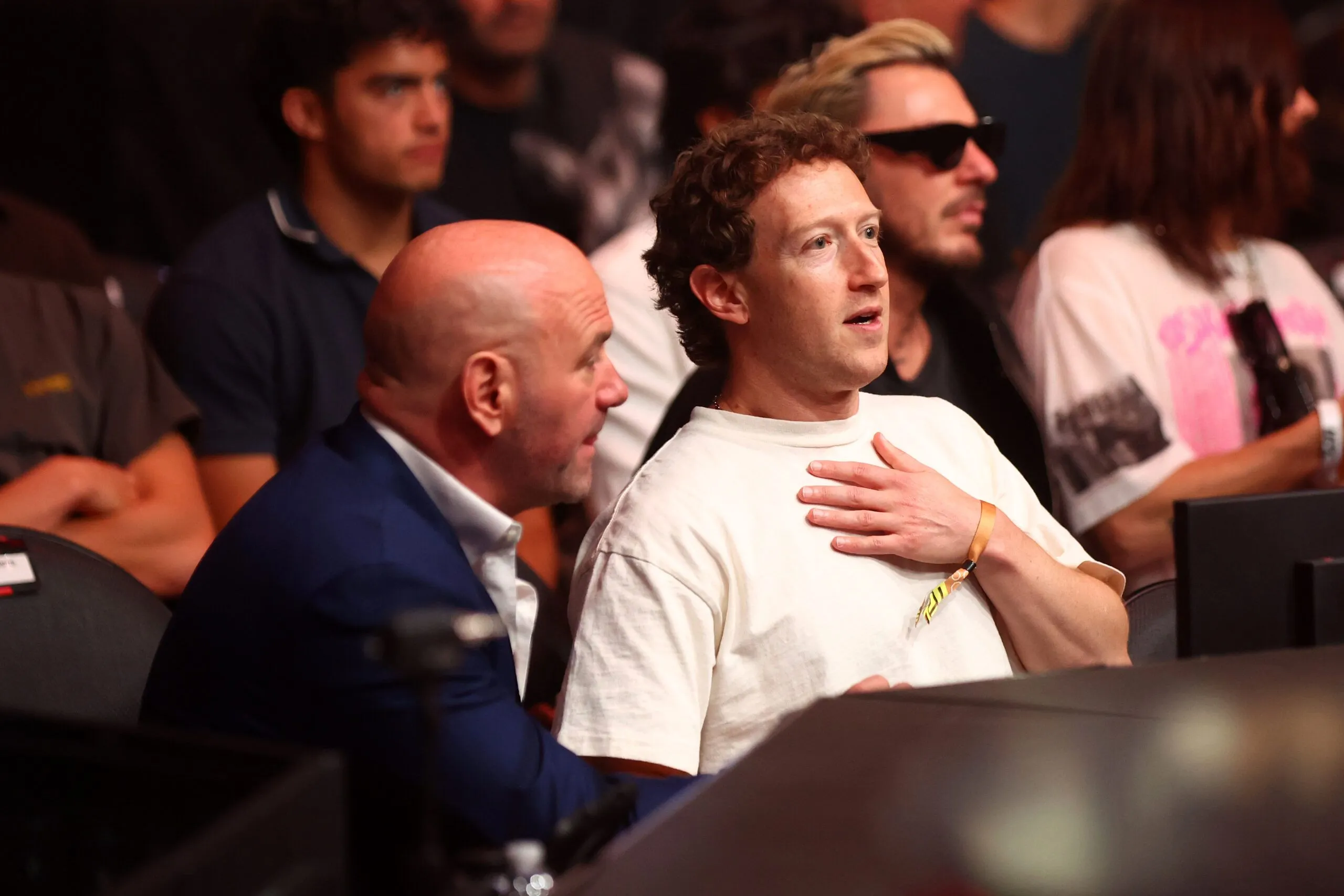Zuckerberg’s Regret: Did the Biden Administration Pressure Facebook to Censor COVID Content?
In a recent revelation, Mark Zuckerberg, the CEO of Meta, has publicly acknowledged that the Biden administration pressured Facebook to censor certain content related to COVID-19 misinformation during the pandemic. This admission has sparked a renewed debate about the role of social media platforms in moderating content and the extent of government influence over these decisions. Zuckerberg’s reflections on this issue raise important questions about the balance between public health and free speech.
In a letter addressed to Rep. Jim Jordan, chair of the House Judiciary Committee, Zuckerberg detailed the pressure exerted by senior officials from the Biden administration. He stated that for months, these officials expressed significant frustration when Facebook did not comply with requests to remove specific COVID-19 content, including humor and satire. This pressure, according to Zuckerberg, was inappropriate and has led him to express regret over the decisions made during that time.
Zuckerberg’s admission highlights a critical moment in the ongoing struggle against misinformation. Throughout the pandemic, Facebook implemented various measures to combat false narratives, including removing posts that contradicted official health guidelines and labeling content with credible information about COVID-19 vaccines. However, Zuckerberg now reflects that some of these decisions were made under undue pressure and that he would not repeat them today.
The backdrop of this controversy includes President Biden’s criticism of social media platforms during the 2020 presidential campaign. Biden accused companies like Facebook of “killing people” by allowing misinformation to spread unchecked. This criticism intensified the scrutiny on social media platforms and their role in moderating content related to the pandemic.
In addition to the COVID-19 content, Zuckerberg also addressed the Hunter Biden laptop story, revealing that Facebook temporarily downgraded the report after receiving a warning from the FBI about potential Russian disinformation. He later regretted this decision, as it became clear that the story was not disinformation. This incident further illustrates the complexities of content moderation in a politically charged environment.
The House Judiciary Committee, led by Republicans, has characterized Zuckerberg’s revelations as a significant win for free speech. They argue that the government’s influence over social media content moderation raises serious concerns about censorship and the erosion of free expression. This perspective aligns with ongoing debates about the role of technology companies in shaping public discourse.
As the U.S. approaches the 2024 elections, experts warn that misinformation remains a critical issue. The advancements in artificial intelligence and other tools capable of generating misleading content exacerbate these concerns. Zuckerberg’s reflections on the past may serve as a cautionary tale for social media platforms as they navigate the challenges of content moderation in an increasingly polarized environment.
In response to Zuckerberg’s claims, the White House defended its actions during the pandemic, asserting that they were intended to promote public health and safety. Officials emphasized that tech companies should independently consider their impact on society while making content decisions. This defense underscores the ongoing tension between government oversight and the autonomy of social media platforms.
Zuckerberg’s recent statements have also led him to announce that he would refrain from making future contributions through the Chan Zuckerberg Initiative, which aimed to enhance electoral infrastructure. He cited a desire to remain neutral and avoid perceptions of bias in upcoming elections. This decision reflects a growing awareness among tech leaders of the need to navigate the political landscape carefully.
In conclusion, Mark Zuckerberg’s admission regarding the pressure from the Biden administration to censor COVID-19 content raises important questions about the intersection of government influence and social media moderation. As misinformation continues to pose challenges, the need for transparency and accountability in content moderation becomes increasingly critical. The ongoing dialogue surrounding these issues will likely shape the future of social media and its role in public discourse.






Leave a Comment